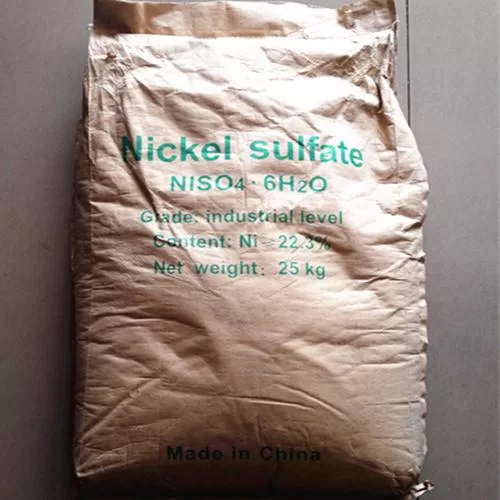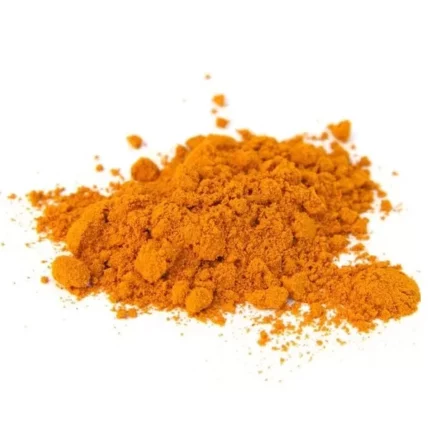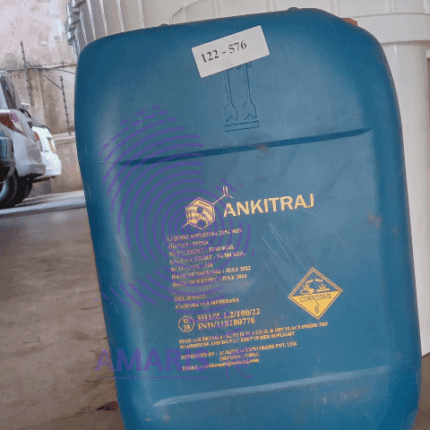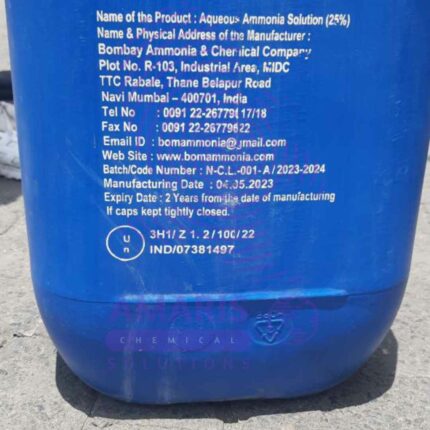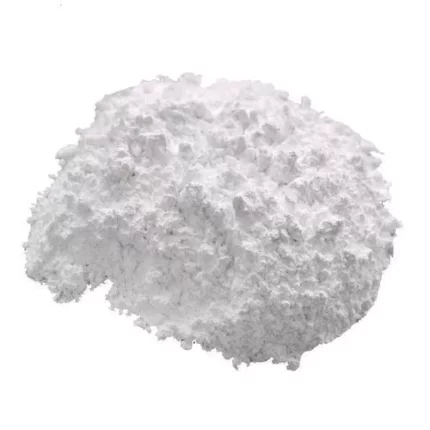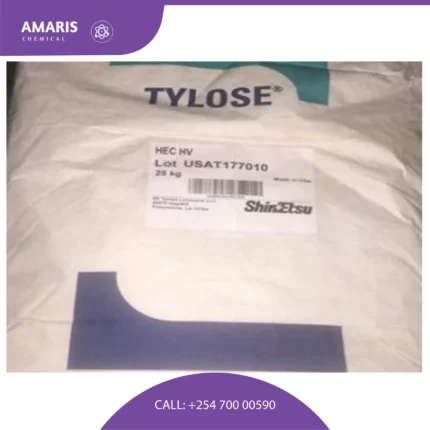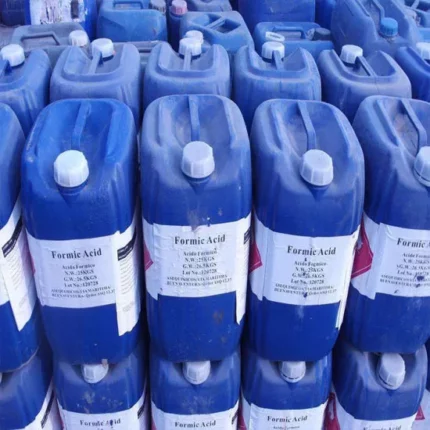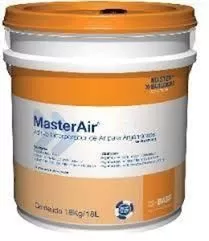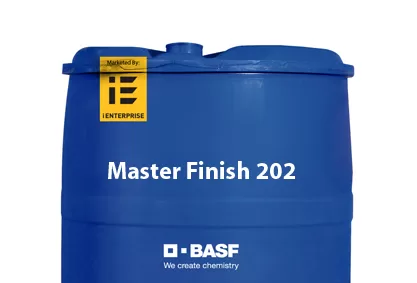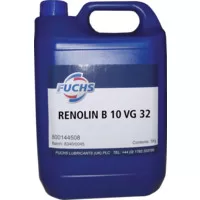Back to products
![Powder Sodium Mono Fluoro Phosphate [Na2PO3F]](https://amarischemicalsolutions.com/wp-content/uploads/2025/05/Powder-Sodium-Mono-Fluoro-Phosphate-amaris-chemical-solutions-jpg-430x430.webp)
![Powder Sodium Mono Fluoro Phosphate [Na2PO3F]](https://amarischemicalsolutions.com/wp-content/uploads/2025/05/Powder-Sodium-Mono-Fluoro-Phosphate-amaris-chemical-solutions-jpg-430x430.webp)
Powder Sodium Mono Fluoro Phosphate [Na2PO3F]
$6,700.00 Original price was: $6,700.00.$6,500.00Current price is: $6,500.00.
Nickel Sulphate [NiSO4(H2O)6]
$6,500.00 Original price was: $6,500.00.$6,400.00Current price is: $6,400.00.
Whatsapp Order
Nickel sulfate, also known as nickel(II) sulfate or just nickel sulfate, is a chemical compound with the formula NiSO₄. It is a crystalline solid that is highly soluble in water. Here are some key points about nickel sulfate:
- Chemical Formula: NiSO₄
- Appearance: Nickel sulfate usually appears as a green or blue crystalline solid, depending on its hydration state.
- Hydrates: It forms several hydrates, the most common being the hexahydrate (NiSO₄·6H₂O), which is blue in color.
- Solubility: It is highly soluble in water, which makes it easy to dissolve in aqueous solutions.
- Applications:
- Electroplating: Nickel sulfate is commonly used in electroplating to apply a layer of nickel onto metals.
- Catalysis: It serves as a catalyst in certain chemical reactions.
- Ink Manufacturing: It is used in the production of ink.
- Battery Manufacturing: Nickel sulfate is used in the production of rechargeable batteries, particularly nickel-cadmium batteries.
- Agriculture: It is sometimes used as a micronutrient in fertilizers for crops.
- Hazards: Nickel sulfate is toxic if ingested or inhaled in large amounts. Prolonged exposure can cause skin allergies or respiratory issues in sensitive individuals.
SKU:
ACS86872CHEM0
Category: OTHERS
Description
Nickel Sulphate
- Electroplating: One of the most significant uses of nickel sulfate is in electroplating. It is commonly used to electroplate nickel onto metal surfaces, providing corrosion resistance, improved wear resistance, and aesthetic appeal. Nickel-plated items include automotive parts, household goods, and industrial machinery components.
- Battery Manufacturing: Nickel sulfate is essential in the production of rechargeable batteries, particularly nickel-cadmium (Ni-Cd) and nickel-metal hydride (Ni-MH) batteries. It serves as a key component in the formulation of battery electrode materials, contributing to the battery’s performance and longevity.
- Catalysis: Nickel sulfate acts as a catalyst in various chemical reactions, particularly in organic synthesis and hydrogenation processes. It facilitates reactions by lowering activation energy, enhancing reaction rates, and improving selectivity in certain chemical transformations.
- Ink Manufacturing: In the printing industry, nickel sulfate is used in the formulation of specialty inks, such as those used in gravure and flexographic printing processes. These inks often require specific chemical properties and adhesion characteristics that nickel sulfate helps achieve.
- Agricultural Applications: Nickel is an essential micronutrient for plant growth. Nickel sulfate is used in agriculture as a fertilizer additive to address nickel deficiencies in soils, particularly in regions where the natural nickel content is insufficient for optimal crop growth. Nickel plays a crucial role in the metabolism of certain plants, contributing to their overall health and productivity.
Related products
Ammonia solutions 33kg 33%conc
Ammonia solution is a solution of ammonia (NH3) gas dissolved in water. It is a clear, colorless liquid with a pungent odor and a basic pH. The concentration of ammonia in the solution can vary, and is typically expressed in terms of percent by weight or by volume.
Ammonia solutions are commonly used in a variety of applications, including cleaning agents, fertilizers, and as a precursor to other chemicals. They are also used in industrial processes such as refrigeration, gas purification, and water treatment. Ammonia solutions can be dangerous if not handled properly, as they are highly corrosive and can release toxic fumes if mixed with certain chemicals
Calcium Carbonate (uncoated)
Uncoated calcium carbonate refers to a natural mineral substance that is composed of calcium carbonate without any additional coatings or surface treatments. It is a white, powdery material that is commonly used in various industrial applications, including the manufacture of paper, paints, plastics, and rubber products, as well as in construction, agriculture, and the food and pharmaceutical industries. Uncoated calcium carbonate is typically mined from natural deposits of limestone or chalk and is often ground into fine particles to achieve the desired particle size and purity for specific applications
Cellozize (Tylose) 25kg bag
Tylose refers to a type of modified cellulose, also known as hydroxyethyl cellulose, that is commonly used as a thickening agent, stabilizer, and emulsifier in a variety of industrial and food applications. It is a white, odorless, and tasteless powder that is soluble in water and forms a clear or slightly turbid solution. Tylose is commonly used in the food industry to improve the texture and consistency of various products such as ice cream, sauces, dressings, and baked goods.
Formic Acid 85% 25 kg Jerrycan
Formic acid is a colorless, pungent liquid with a chemical formula of HCOOH. It is the simplest carboxylic acid, naturally occurring in certain fruits and vegetables and in the venom of some ants. It has a wide range of industrial applications as a preservative, antibacterial agent, solvent, and in the production of textiles, leather, rubber, and other materials. It also has some medical applications and is used in organic chemistry reactions as a reducing agent. However, formic acid is highly corrosive and can be dangerous if ingested or inhaled in large quantities.

